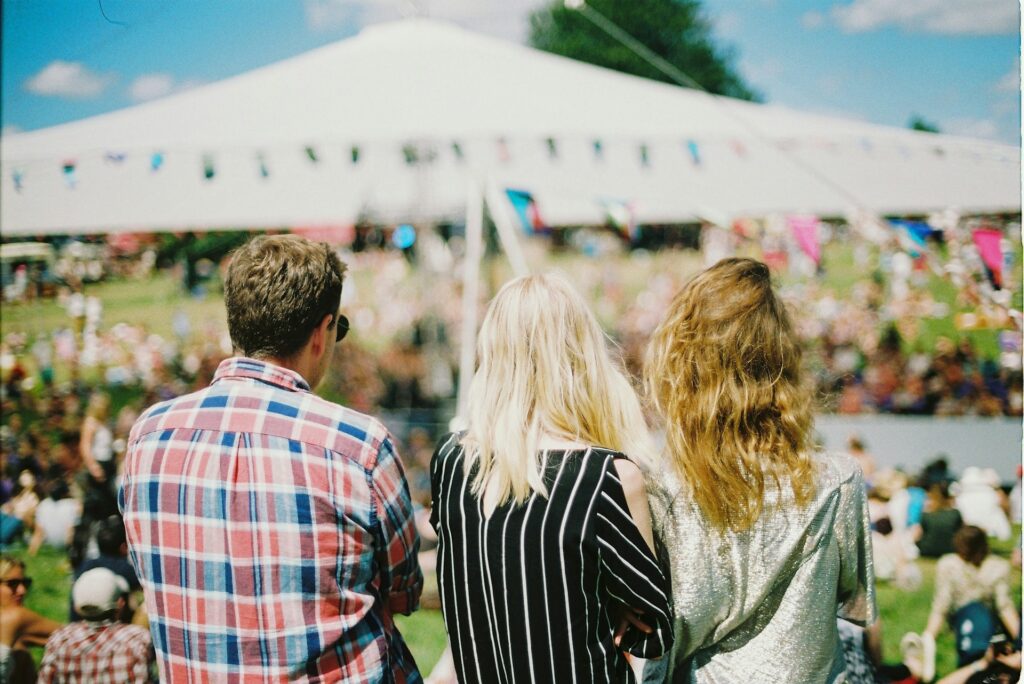Festivals are vibrant expressions of human culture, marking occasions of significance with joyous celebrations. From religious rituals to community gatherings, festival hold a profound place in societies worldwide.
Cultural Significance of Festivals
Historical Background
Festivals have roots tracing back centuries, often originating from ancient traditions and beliefs. These celebrations served as markers of agricultural cycles, celestial events, or religious observances, connecting communities with their past.
Social Cohesion
One of the primary functions of festival is to foster unity and strengthen social bonds within communities. They provide opportunities for people to come together, share experiences, and reinforce collective identities.
Types of Festivals
Religious Festivals
Religious festivals honor deities, saints, or significant events in religious scriptures. Examples include Eid al-Fitr in Islam, Christmas in Christianity, and Hanukkah in Judaism.
Cultural Festivals
Cultural festivals celebrate aspects of a community’s heritage, such as music, dance, food, or craftsmanship. These events showcase the diversity of traditions within a society and often attract tourists from around the globe.
Seasonal Festivals
Seasonal festivals mark the changing of seasons or natural phenomena, such as harvest festivals, solstice celebrations, or spring festival. They reflect the deep connection between humans and the natural world.
Famous Festivals Around the World
Diwali
Diwali, also known as the Festival of Lights, is a significant Hindu festival celebrated with fervor across India and other parts of the world. It symbolizes the triumph of light over darkness and good over evil.
Chinese New Year
Chinese New Year, also known as the Spring Festival, is the most important traditional Chinese holiday. It marks the beginning of the lunar new year and is celebrated with family reunions, feasting, and various customs and rituals.
Oktoberfest
Oktoberfest is the world’s largest Volksfest (beer festival and traveling funfair). Originating in Munich, Germany, it has become a global phenomenon, attracting millions of visitors each year to enjoy beer, music, and Bavarian culture.
Carnival in Rio de Janeiro
The Carnival in Rio de Janeiro is a spectacular event known for its colorful parades, samba music, and vibrant costumes. It is a time of revelry and joy, drawing crowds from around the world to participate in the festivities.
How Festivals Impact Society
Economic Boost
Festivals stimulate local economies through increased spending on accommodations, dining, transportation, and souvenirs. They provide opportunities for small businesses and artisans to showcase their products and services.
Tourism
Festivals are major attractions for tourists seeking authentic cultural experiences. They contribute to the growth of the tourism industry, generating revenue for host communities and promoting cross-cultural exchange.
Promotion of Diversity
By celebrating various cultural traditions, festival promote tolerance, understanding, and appreciation of diversity. They showcase the richness of human heritage and foster a sense of inclusivity and respect for different cultures.
The Evolution of Festivals
Modern Adaptations
In response to changing societal trends and technological advancements, festival have evolved to incorporate new elements and formats. From virtual events to multimedia presentations, organizers adapt to engage modern audiences.
Technological Influence
Technology plays an increasingly significant role in festival planning and execution, from online ticketing systems to interactive event apps. Social media platforms facilitate promotion and communication, enhancing the reach and impact of festival.
Sustainable Practices in Festivals
Waste Management
Many festival are adopting eco-friendly practices to minimize waste and reduce their environmental footprint. Initiatives such as recycling programs, composting, and reusable utensils help mitigate the impact of large-scale events on the environment.
Eco-friendly Initiatives
Organizers are exploring alternative energy sources, such as solar or wind power, to reduce reliance on fossil fuels and decrease greenhouse gas emissions. Sustainable transportation options, like shuttle services or bike rentals, promote eco-friendly travel to and from festival venues.
Conclusion
Festivals serve as dynamic expressions of cultural heritage and community spirit, bringing people together to celebrate shared traditions and values. As society continues to evolve, festival adapt, embracing new technologies and sustainable practices while preserving the essence of cultural celebration.

